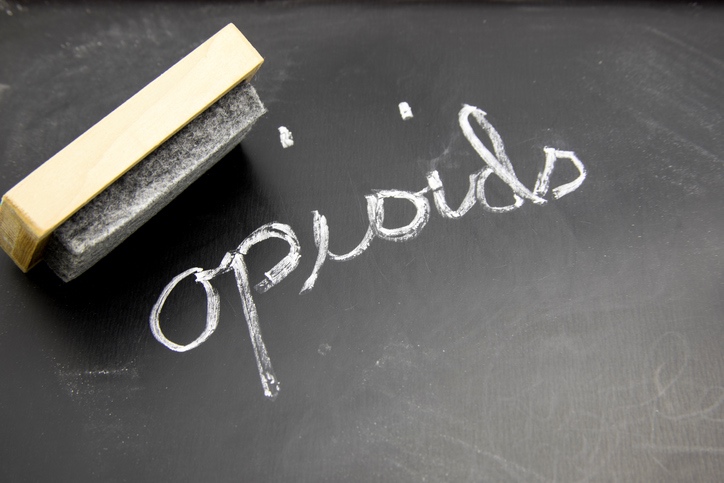
Crowdsourcing Takes on a National Public Health Emergency
Editor’s Note: This blog was originally posted on challenge.gov.
On Oct. 26, the Acting Secretary of Health and Human Services (HHS) declared a public health emergency to combat the abuse of prescription drugs and heroin across the nation.
During that same week, the number of crowdsourcing competitions on Challenge.gov surpassed 800.
What’s the connection?
Since 2010, GSA has helped federal agencies crowdsource solutions to some of the nation’s most pressing problems through Challenge.gov. And one of the challenges that put Challenge.gov over the 800 mark last week takes direct aim at the opioid crisis.
The HHS Opioid Code-a-Thon will take place in-person Dec. 6-7. HHS is calling on computer programmers, public health experts, data scientists, researchers and other innovators to participate. Those who do will use datasets provided by HHS to come up with solutions to improve treatment, prevention and our understanding of opioid usage.
The code-a-thon is the most recent challenge to address the opioid crisis, but it isn’t the first.
In summer 2015, the Substance Abuse and Mental Health Services Administration (SAMHSA) sponsored a hackathon to create apps that would help prevent opioid overdoses. The first-place winning app gives people clear guidance on what to do in cases of overdose and allows them to build a care network through invitations.
SAMHSA followed this competition up with the Opioid Recovery App Challenge in March 2016. The winner of this challenge, Harold Jonas, hopes to reduce relapse, re-hospitalization and overdose for those addicted to opioids with a free smartphone app. It allows patients to track their recovery through self-reporting and connect with others in recovery through discussion forums and support meetings.
In September 2016, the Food and Drug Administration partnered with SAMHSA on another app competition that looked for innovative ways to get life-saving medication to those experiencing an opioid overdose. A small startup company won this challenge with an app that uses mobile geospatial technology to connect those experiencing overdose with carriers of Naloxone, a prescription medication that can reverse the effects of an overdose.
Three challenges issued; three timely solutions.
Crowdsourcing is the government’s way of saying, “We don’t have all the answers.” It allows the government to tap into the American public’s creativity, fresh perspective and diverse skillsets. It places public servants in touch with innovators and ideas they otherwise may never have found.
And it allows citizens to play a direct role in their government and contribute to a greater good.
At least 64,000 Americans died from opioid overdoses in 2016, according to the Centers for Disease Control and Prevention.
That’s why HHS, SAMHSA, the FDA – and GSA – are looking to the American people for help. That’s why they’re crowdsourcing solutions that can save lives and put people on the path to recovery.

 U.S. General Services Administration
U.S. General Services Administration
